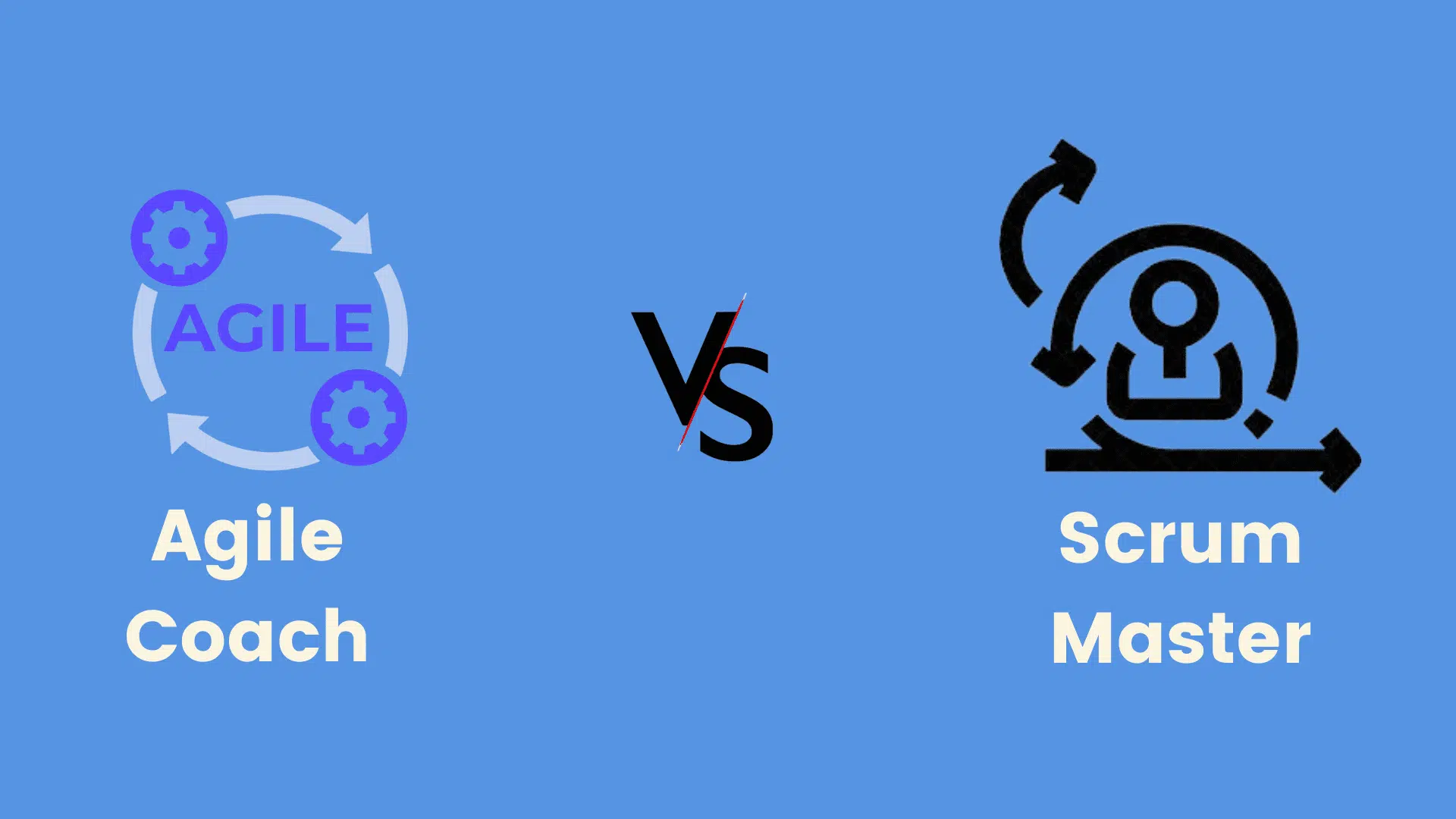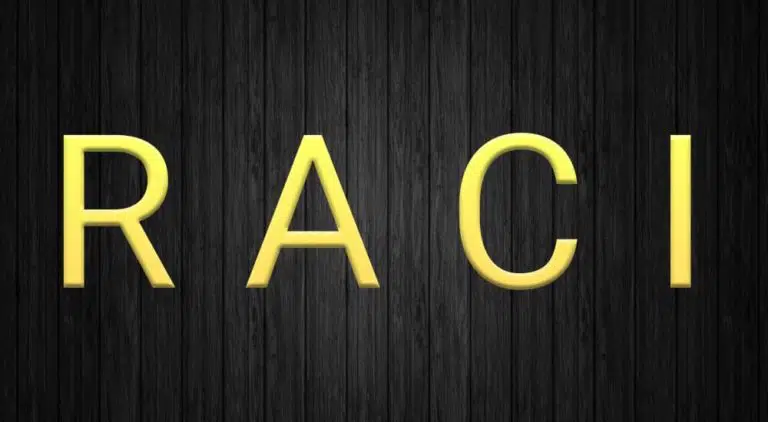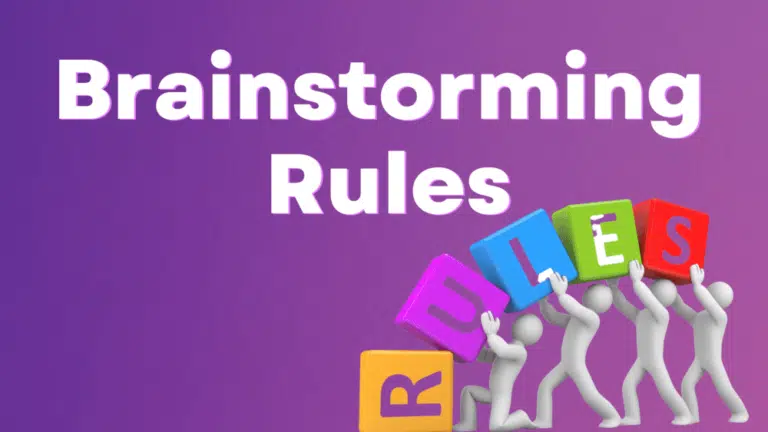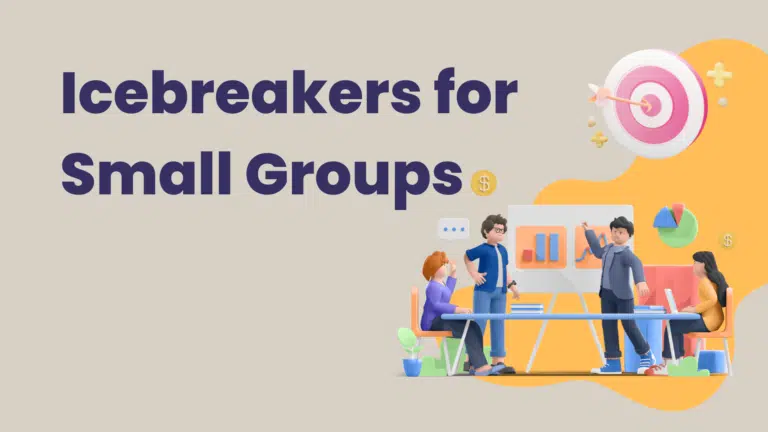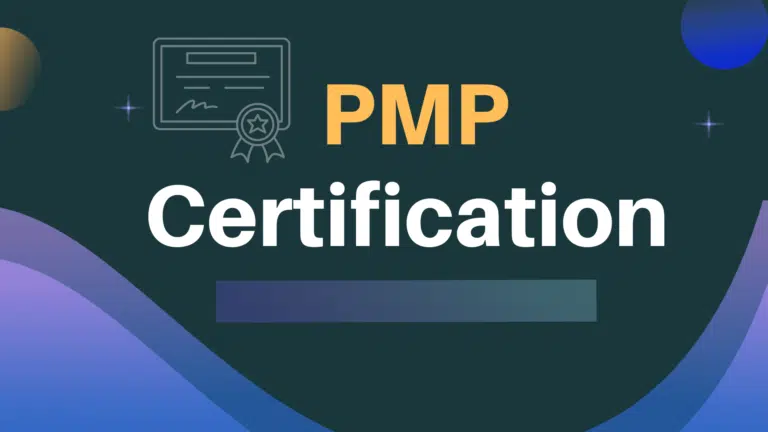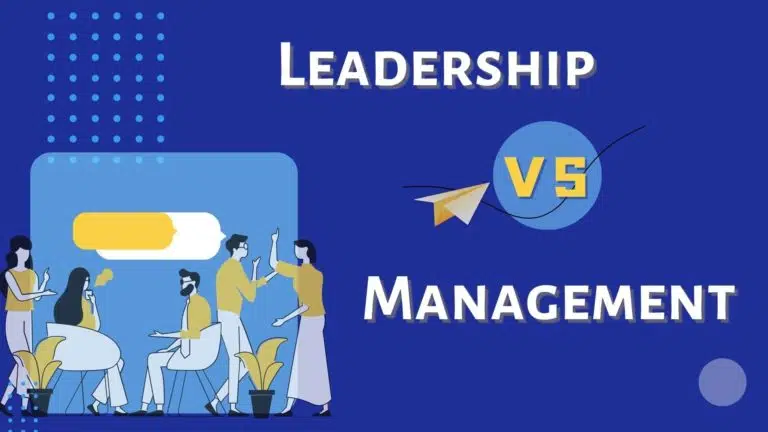Agile Coach and Scrum Master have different roles. However, many professionals confuse the two and/or think they are interchangeable.
This blog post will clarify the differences between an Agile Coach Vs Scrum Master.
After reading it, I hope you won’t have issues understanding these two roles.
Let’s get started.
Agile Coach Vs Scrum Master
Due to the advantages of Agile methodologies, many organizations are adopting various Agile frameworks. This transition is challenging and requires shifts in the organization’s mindset and culture.
They need professional help to transform their organizational culture. In such a scenario, Agile Coach can help organizations adopt an Agile process with minimal obstruction. They help turn waterfall teams into Agile teams.
On the other hand, Scrum Masters manage a scrum team to complete the project.
Agile Coach
The scrum guide does not define the role of an Agile Coach. This role was organically created within the industry.
Agile Coaches are experienced Scrum Masters, and they share the skillsets of Scrum Masters. Agile Coaches have been specially trained to help organizations shift their processes to Agile frameworks.
They increase the organization’s agility and support multiple teams and management simultaneously. They also speed up the Scrum adoption process.
Agile Coaches implement Agile practices within project teams and teach servant leadership. They push the team toward creating self-sufficient solutions.
The responsibilities of an Agile Coach include:
- Facilitating Agile Adoption: Agile Coaches guide organizations, teams, and other stakeholders toward understanding and embracing Agile principles and practices.
- Coaching Teams: Provide coaching and mentoring to Agile teams, helping them collaborate, self-organization, and productivity.
- Supporting the Scrum Master: Assist project managers turning to Scrum Masters, ensuring they understand and effectively perform their duties, such as facilitating ceremonies and removing obstacles.
- Training and Workshops: Conduct Agile training sessions and workshops to educate teams, project managers, and stakeholders on Agile methodologies, frameworks, and best practices.
- Conducting Initial Ceremonies: They help the Scrum team conduct initial retrospectives and daily stand-ups.
- Continuous Improvement: Foster a culture of continuous improvement by facilitating retrospectives, encouraging experimentation, and promoting feedback loops.
- Stakeholder Engagement: Collaborate with stakeholders, product owners, and managers to align their expectations, promote transparency, and foster effective communication.
- Agile Metrics and Reporting: Help define and track Agile metrics to measure progress, identify improvement areas, and provide stakeholders visibility.
- Conflict Resolution: Resolve conflicts within teams or between other stakeholders, promoting collaboration and constructive problem-solving.
- Agile Tools and Practices: Introduce and promote the effective use of Agile tools, such as Kanban boards, task management systems, and collaboration platforms.
- Agile Transformation: Support organizations in their Agile transformation journey by designing and implementing Agile methods, processes, and structures.
- Promoting Agile Leadership: Assist leaders in understanding their role in Agile, promoting servant leadership, and empowering teams to make decisions and take ownership.
- Knowledge Sharing: Promote a culture of knowledge sharing and learning by organizing communities of practice, facilitating knowledge exchange sessions, and encouraging cross-team collaboration.
Scrum Master
Scrum Masters are responsible for ensuring that their team builds the right product and delivers it to the client in increments.
The responsibilities of a Scrum Master include:
- Conducting Scrum Events: Facilitate and ensure the successful execution of Scrum events, including Sprint Planning, Daily Scrum, Sprint Review, and Sprint Retrospective.
- Team Support: Support and guide the software development team, helping them understand and implement Scrum principles and practices.
- Enforcing Scrum Framework: Ensure the Scrum framework is followed, including adherence to Scrum roles, artifacts, and ceremonies.
- Eliminating Impediments: Identify and remove any obstacles or impediments that may hinder the development team’s progress, enabling them to achieve their goals.
- Shielding the Team: Shield the development team from external distractions and disruptions, allowing them to focus on their work during the sprint.
- Facilitating Collaboration: Promote effective collaboration and communication within the team and with stakeholders, facilitating a self-organizing and cross-functional team environment.
- Managing Scrum Artifacts: Guide the team in creating and maintaining Scrum artifacts, such as the product backlog, sprint backlog, and the definition of done.
- Agile Coach Support: Collaborating with the Agile Coach to provide insights and feedback on the team’s progress, challenges, and opportunities for improvement.
- Metrics and Reporting: Help the team understand and track relevant Agile metrics, such as velocity, burndown charts, and cumulative flow diagrams, providing visibility into their progress.
- Continuous Improvement: Encourage a culture of continuous improvement within the team by facilitating retrospectives and supporting the implementation of agreed-upon improvements.
- Stakeholder Engagement: Facilitate communication and collaboration between the development team and stakeholders, ensuring transparency and managing expectations.
- Servant Leadership: Embrace the role of a servant leader, supporting the team’s needs, promoting self-organization, and fostering a positive and motivated team culture.
The below table shows the main differences between an Agile Coach and a Scrum Master:
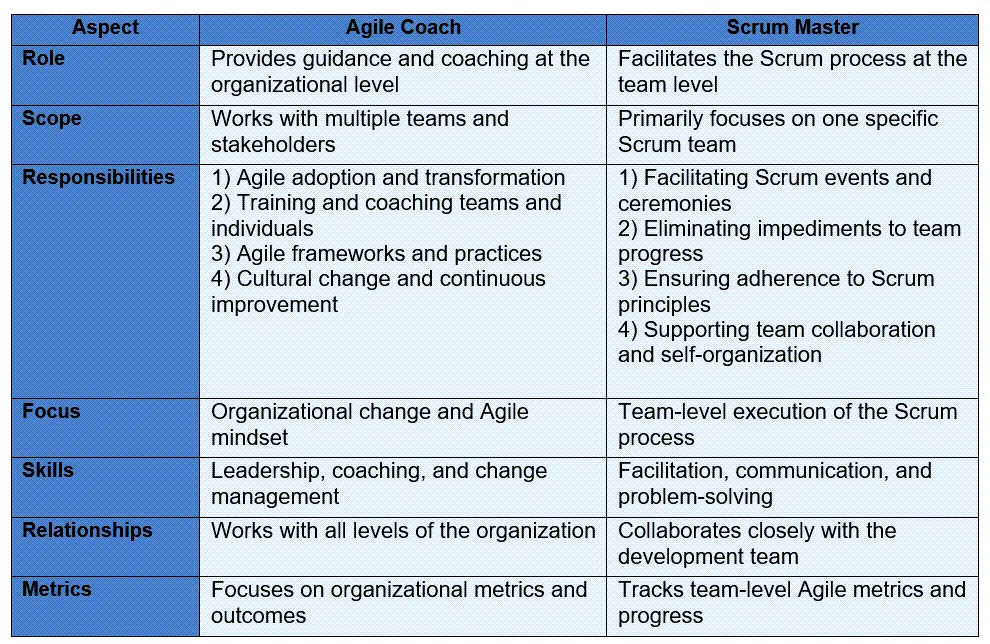
Differences Between Agile Coach and Scrum Master
The Agile Coach trains the organization and teams to work in an Agile environment and helps them conduct the initial Agile events. Scrum Masters are responsible for their team and Scrum projects.
The key differences between these two roles are as follows:
- Scope: An Agile Coach works at the organizational level by guiding and supporting the organization to adopt Agile principles and practices. They simultaneously work with multiple teams and stakeholders to promote Agile practices and cultural transformation throughout the organization. A Scrum Master works at the team level and focuses on facilitating the Scrum framework within the Scrum team and backlog management. They work closely with the development team, product owner, and other stakeholders directly involved in the project.
- Responsibilities: The responsibilities of an Agile Coach include facilitating Agile adoption, training and coaching teams and individuals, promoting continuous improvement, and driving organizational change. They focus on developing Agile. The Scrum Master ensures that the Scrum processes are effectively executed. They facilitate Scrum ceremonies (e.g., Sprint Planning, Daily Scrum, Sprint Review, Sprint Retrospective), eliminate impediments, promote self-organization and collaboration within the team, and ensure adherence to Scrum principles and practices.
- Focus: Agile Coaches focus on organizational transformation and ensuring that Agile values are embraced across different departments and levels. They address systemic challenges, cultural shifts, and strategic alignment to Agile principles. Scrum Masters have a narrower focus on implementing the Scrum framework within their team. They concentrate on enabling the team’s productivity, supporting the team for high-quality incremental deliveries, and fostering a self-organized and empowered team culture.
- Duration: The Scrum Master stays with the team until the product is delivered and the project is completed. They remain with the team throughout the project lifecycle. An Agile Coach remains with the organization until it completely adopts the Agile framework and the teams are comfortable using the Agile framework. Once this goal is achieved, the Agile Coach leaves the organization.
- Salary: An Agile Coach earns 134,438 USD per year, whereas a Scrum Master earns 104,205 USD per year. The salary difference can vary and depends on location, organization size, experience, and job complexity.
Similarities Between the Agile Coach and Scrum Master
- Agile Mindset: Agile Coaches and Scrum Masters promote and embody the Agile mindset, which values collaboration, adaptability, and continuous improvement.
- Coaching and Mentoring: Agile Coaches and Scrum Masters provide coaching and mentoring to individuals and teams. They help individuals understand Agile principles, guide teams to adopt Agile practices and support continuous learning and growth.
- Empowering Teams: Both roles focus on empowering teams to self-organize, make decisions, and take ownership of their work. They encourage collaboration, trust, and autonomy within the team.
- Continuous Improvement: Both roles emphasize the importance of continuous improvement. They facilitate retrospectives and encourage teams to reflect on their performance, identify areas for improvement, and implement changes to enhance productivity and quality.
- Eliminating Obstacles: Both roles identify and eliminate obstacles that impede progress. Agile Coaches help teams and organizations address systemic challenges and cultural barriers, while Scrum Masters focus on removing day-to-day impediments that affect the team’s ability to deliver.
- Communication and Collaboration: Both roles emphasize effective communication and collaboration. They facilitate open and transparent communication channels, foster healthy relationships among team members, and promote collaboration between teams and stakeholders.
- Agile Principles and Practices: Both Agile Coaches and Scrum Masters have a deep understanding of Agile principles and practices. They guide teams to implement Agile frameworks (e.g., Scrum) and help ensure adherence to Agile values.
- Leadership: They both are servant leaders.
What Certifications are Required for the Scrum Master and Agile Coach?
The certification requirements for both roles are as follows:
Scrum Master Certifications
- Certified Scrum Master (CSM)
- Professional Scrum Master (PSM)
- Agile Certified Practitioner (PMI-ACP)
Agile Coach Certifications
- Certified Agile Coach (CAC)
- Professional Agile Coaching (PACC)
- Certified Team Coach (CTC)
You can also get agile certifications such as SAFe, PMI-ACP, etc.
How Can a Scrum Master Transform into an Agile Coach?
The transformation from a Scrum Master role to an Agile Coach is gradual. This process requires expanding your skills, knowledge, and experience beyond the team level to the organizational level.
Here are some steps to make this transition:
- Deepen Your Agile Knowledge: Deepen your understanding of Agile principles, values, and frameworks beyond Scrum. Study and explore other Agile methodologies such as Kanban, Lean, and XP. This broader knowledge base will help you adopt a more holistic view of Agile and its application across the organization.
- Expand Your Skillset: Agile Coaching requires diverse skills beyond facilitation and Scrum expertise. Develop leadership, change management, organizational development, facilitation, and coaching skills. These skills will help you work effectively with stakeholders, drive cultural change, and support the organization’s Agile journey.
- Seek Mentoring and Guidance: Connect with experienced Agile Coaches for guidance. Engage in mentorship programs or seek opportunities to shadow and learn from Agile Coaches at the organizational level. Their experience and knowledge can help you bridge the gap between being a Scrum Master and becoming an Agile Coach.
- Gain Organizational Awareness: Understand the organization’s goals, culture, and challenges. Gain insights into the various departments, teams, and stakeholders you will be working with. Develop an understanding of how Agile can align with the organization’s strategic objectives and contribute to its overall success.
- Collaborate with Leadership: Engage with organizational leadership to advocate for Agile principles and practices. Help leaders understand the benefits of Agile and how it can impact the organization’s performance and delivery. Collaborate with leaders to develop Agile transformation strategies and align Agile practices with the organization’s goals.
- Gain Experience in Organizational Change: Look for opportunities to work on Agile transformation initiatives within the organization. Offer your assistance and expertise in creating Agile frameworks, implementing Agile practices, and supporting cultural change. This hands-on experience will help you develop the skills and knowledge required to drive organizational-level Agile transformations.
- Continuously Learn and Improve: Stay updated with the latest Agile trends, practices, and methodologies. Attend Agile conferences, workshops, and training sessions to enhance your skills and broaden your network. Engage in communities of practice, where you can share knowledge and learn from other Agile professionals.
- Get Certified: Get some certification related to Scrum and Agile Coach, as given in this blog post. This will fill your knowledge and align your knowledge.
Agile Coach Vs Scrum Master: FAQs
Q1: Can an Agile Coach also act as a Scrum Master?
A1: Yes, an Agile Coach can take on the role of a Scrum Master. This depends on the needs of the organization. Agile Coaches collaborate closely with Scrum Masters, supporting them in their roles and providing insights and guidance to ensure successful team-level execution.
Q2: Which role focuses more on organizational transformation?
A2: The role of an Agile Coach focuses more on organizational transformation. Agile Coaches work with multiple teams and stakeholders, driving cultural change and aligning Agile principles throughout the organization. They address systemic challenges and strategic alignment to promote an Agile mindset at all levels.
Q3: Which role is more focused on team-level execution?
A3: The Scrum Master role is focused on team-level execution. Scrum Masters work closely with the development team to facilitate Scrum ceremonies, eliminate obstacles, and foster collaboration and self-organization within the team. They ensure the effective implementation of the Scrum framework and support the team for high-quality incremental deliveries.
Summary
Agile Coaches are experienced Scrum Masters or Agile Experts. They focus on implementing Agile practices at the organizational level, while Scrum Masters focus on their team and completing the project.

I am Mohammad Fahad Usmani, B.E. PMP, PMI-RMP. I have been blogging on project management topics since 2011. To date, thousands of professionals have passed the PMP exam using my resources.

